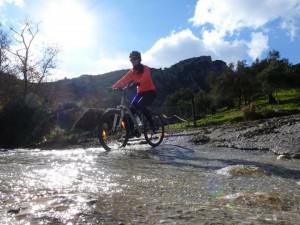What Motivates You As A Teacher?
— Scott Thornbury
It’s not the best of times to be a teacher. In Spain, where I live, and in response to the deteriorating economic situation, the government has just announced an increase in class numbers and an increase in teachers’ hours. Not only is this likely to reduce the quality of education, but it reinforces a perception that teachers are undervalued (there’s no concomitant increase in teachers’ salaries, of course) and it contributes very little to teachers’ self-esteem. Not very motivating!
It’s worth reminding ourselves, though, that – even if our governments don’t value us – our students do. Who, apart from their parents and siblings, has made the biggest impression on their lives, after all? Ask anyone to name a formative influence on their lives and chances are, they’ll name a teacher.
What do teachers do, then, to validate their role in education and to retrieve a measure of self-respect?
I decided to ask my Twitter followers. My question: What motivates you as a teacher?
These are some of the answers I got:
As I sifted through the responses, I found they fell into four main areas:
- Learner feedback/ results. For example: “I love when the light comes on in a student’s eyes and you know that they’ve ‘got it”
- External validation: “Appreciation also helps to raise motivation..whether from students or from your boss”
- Intrinsic drive: “Continuous professional development & using my new knowledge to help students”
- Peer support/community: “What keeps me going is the experience of knowing extraordinary people every year”
Each of these areas is within the teacher’s control. 1. You can get results, because you know what you’re doing, and you do it well; 2. Your students – and even your boss – will appreciate you if you do your job; 3. You can push yourself even further, because you’re always learning; and 4. You can become part of a community of teachers who you care for, and who care for you.
And (with regard to point 4) that’s why ITDi is such a great idea: it extends the notion of community to a global level.
Connect with Scott, Chuck, Tamas, Vladimira, Nour, Ann and other iTDi Associates, Mentors, and Faculty by joining iTDi Community. Sign Up For A Free iTDi Account to create your profile and get immediate access to our social forums and trial lessons from our English For Teachers and Teacher Development courses.











